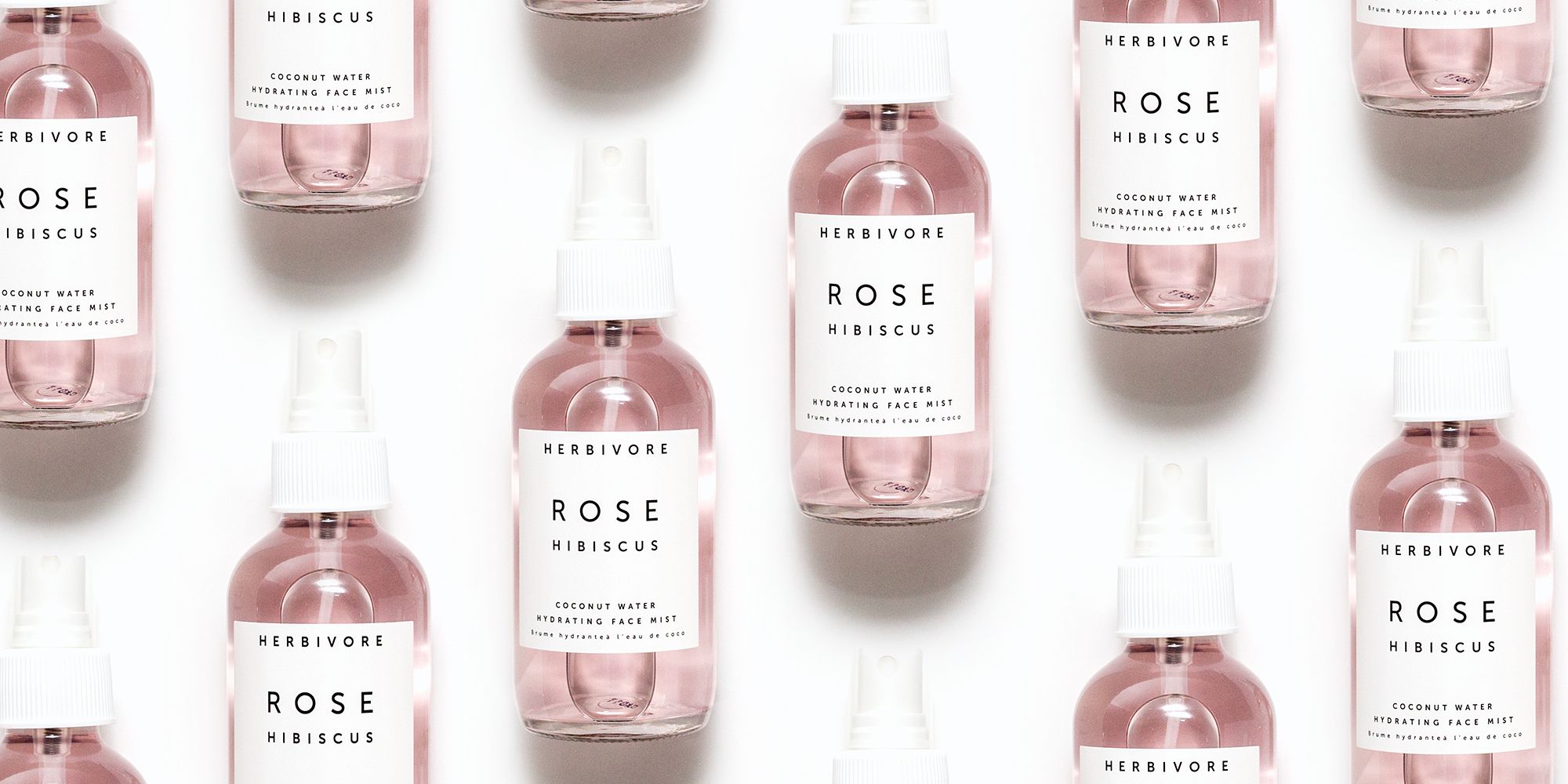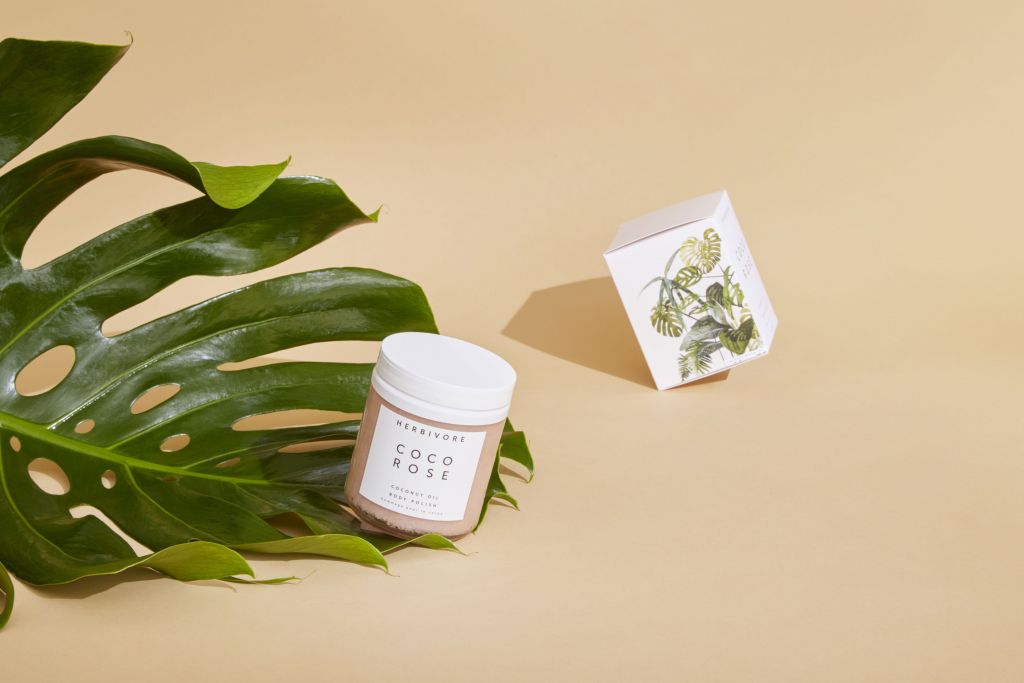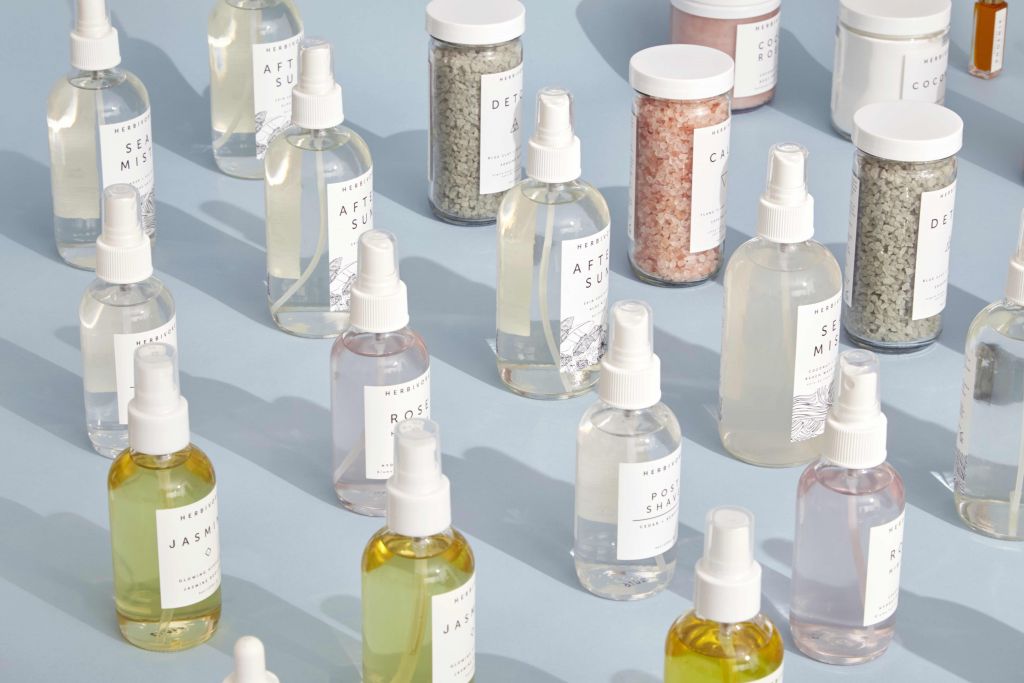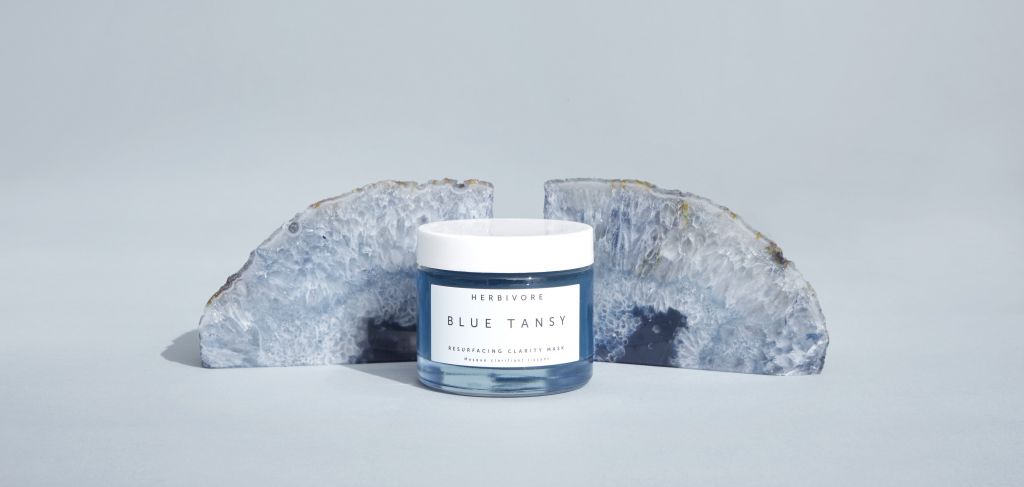
Could Herbivore Become America’s Biggest Natural Beauty Indie Export?
There may be no better example of the strength of the natural beauty segment than Herbivore.
“We started this from our kitchen and just had the goal of selling some soap on Etsy, so it’s amazing to us what’s happening, and it means the world is responding to natural skincare and is interested in it more than ever,” says Alexander Kummerow, who founded Herbivore with wife Julia Wills. Wills chimes in, “Our biggest objective is to keep spreading truly natural skincare and overall wellness into the world as much as we possibly can. Our mission is to make the beauty industry a healthier, happier and more natural place.”

To spread its mission internationally, Herbivore is focusing on select markets instead of bombarding nations around the globe simultaneously. Kummerow remarks the U.K. was an obvious choice because it’s the number-two market for sales on Herbivore’s website following the U.S. The brand inked a six-month exclusive at Space NK in the country. It’s in discussions to unfurl to additional European countries in 2019.
“Our [international business] has been really small. Now that we have matured, we really wanted to make a large splash. We teamed up with PR firms in Southeast Asia and the U.K., and Herbivore is flying off the shelves now in the U.K.,” says Kummerow, elaborating, “We are going to launch in one to two markets a year. We want to be where people are waking up to naturals, and we see that happening in the U.K., across Europe and in Asia.”
“If you don’t have outside capital, you need a great direct business. Unless your margins are insane, you can’t profit a ton off of working with Sephora. The direct-to-consumer business has allowed us to continue to grow and scale our company out of our own pockets.”
A business that’s not really small for Herbivore is its direct-to-consumer operation, which accounts for 32% of sales. The brand is looking to shore up its digital component even as it amplifies its presence at physical retail. Increasingly, Kummerow notes e-commerce shoppers will be incentivized to purchase on Herbivore’s website through gifts with purchases, among various offers.
“If you don’t have outside capital, you need a great direct business. Unless your margins are insane, you can’t profit a ton off of working with Sephora,” says Kummerow. “The direct-to-consumer business has allowed us to continue to grow and scale our company out of our own pockets.”

Herbivore is currently available through third-party intermediary Carbon Beauty on Amazon, and Kummerow reveals its Amazon sales have been strong. However, he shares Herbivore is reconsidering its Amazon footprint in an effort to encourage customers to buy from the brand’s website and its traditional retail partners.
“We are not really Amazon lovers,” says Kummerow. “We have a concern that it’s taking away from our own direct-to-consumer sales, so we are not sure what we are going to do…We don’t know if it is the best for the prestige of the brand. We feel it competes with us and Sephora. We want to focus on a few accounts at a time rather than Amazon.”
“We are not really Amazon lovers. We have a concern that it’s taking away from our own direct-to-consumer sales, so we are not sure what we are going to do…We don’t know if it is the best for the prestige of the brand. We feel it competes with us and Sephora. We want to focus on a few accounts at a time rather than Amazon.”
A downside of Herbivore’s rise is that Herbivore copycats have flooded the beauty industry. The brand has shot off cease-and-desist letters to companies it deems imitators, but Kummerow and Wills lament there’s not much that can be done to prevent rip-offs. So far, though, they report copycats haven’t impacted Herbivore’s sales.
“It’s one thing to copy the aesthetic, but the ingredients, formulations and brand philosophy, we feel all that is definitely unique to us,” says Wills. Kummerow concurs, stressing, “The most we can do is stay on top of it, be innovative and try to think about what’s cool before they do.”

Herbivore is ramping up its innovation pipeline and heading to three to four significant product releases annually, up from the one to two it’s generally put out. At the moment, its bestsellers are Blue Tansy Resurfacing Clarity Mask and Lapis Facial Oil. Pink Cloud Rosewater Moisture Crème, originally a three-month Sephora exclusive, is in a healthy third position. Later this month, Herbivore is unveiling Prism Natural Fruit Acid 5% Exfoliating Glow Potion.
“It’s a hybrid between a serum and an essence, so that’s why we are calling it a potion,” explains Wills of the forthcoming product. “The idea behind it is a rainbow of natural fruit acids. It contains natural glycolic acid from sugar cane, natural lactic acid from bilberries, natural malic acid from apples and natural salicylic acid from [aspen] bark. It also has vitamin C-rich kakadu plum, and a base of rosewater and aloe water.”
“We have experimented with other labs, and they can’t make it. It takes a while for third-party manufacturers to figure out what it means to be in the world of naturals. For now, it’s great to keep it in-house. It’s cost-effective, and the team is a big family. We enjoy being able to be a company in Seattle that’s employing people not in tech.”
Herbivore manufactures the lion’s share of its products in-house in Seattle and plans to retain control over production. “We have experimented with other labs, and they can’t make it,” says Kummerow, referring to Herbivore’s merchandise. “It takes a while for third-party manufacturers to figure out what it means to be in the world of naturals. For now, it’s great to keep it in-house. It’s cost-effective, and the team is a big family. We enjoy being able to be a company in Seattle that’s employing people not in tech.” The brand employs roughly 70 people with the majority of them dedicated to production.
To support its growth abroad and at home, where Herbivore is concentrating on an existing retail network that includes Nordstrom, Credo, The Detox Market, Follain and Need Supply as well as Sephora, the brand is evaluating possible investors. “We are launching in international markets and want to build our direct-to-consumer business in those markets, and it could be good for us to bring in outside capital for those investments. There’s a lot of growth potential that we want to [realize], and we want to have the funds to do that,” says Kummerow. Wills muses, “It’s a delicate dance. You can’t grow too fast, but you don’t want to not grow.”




